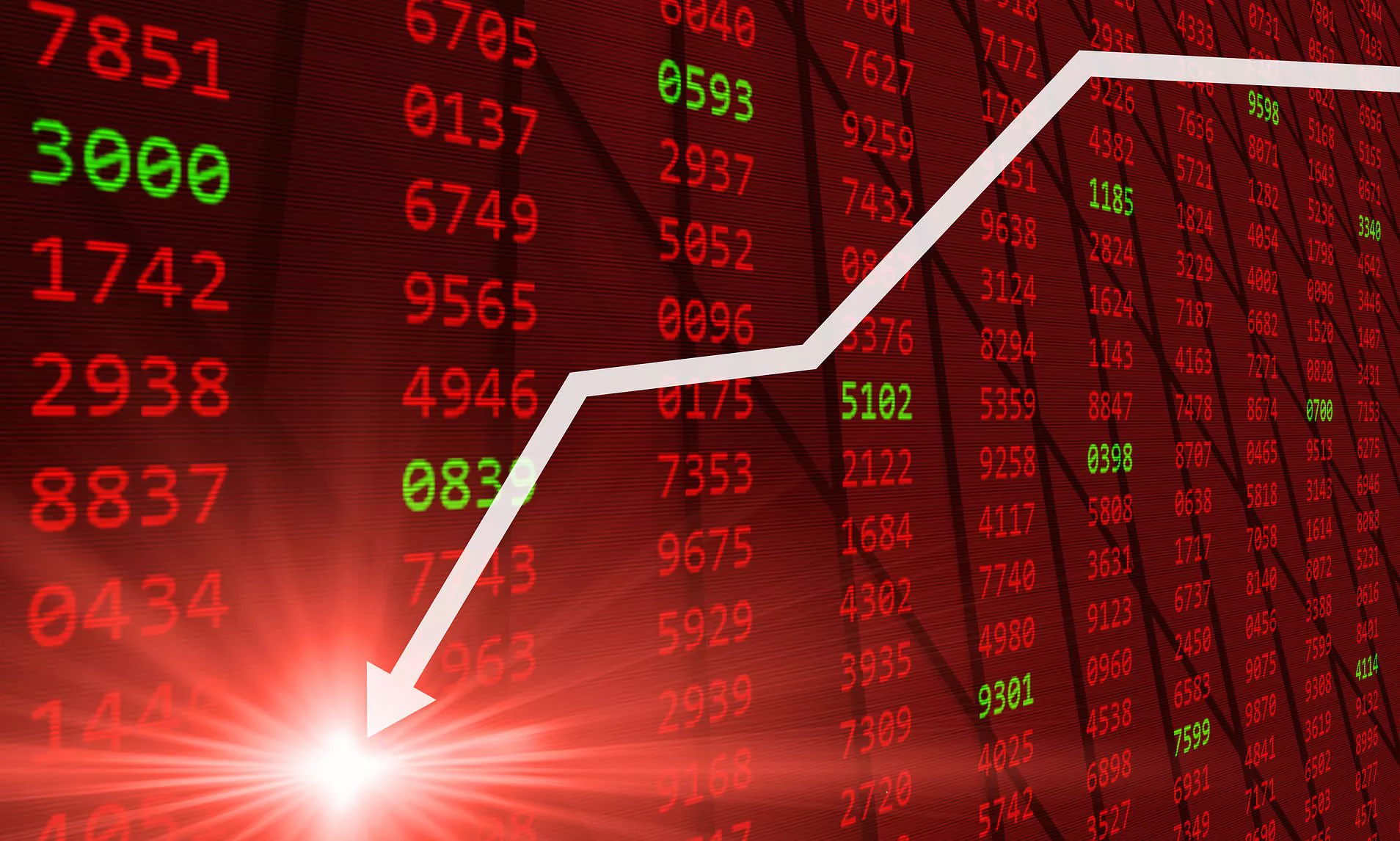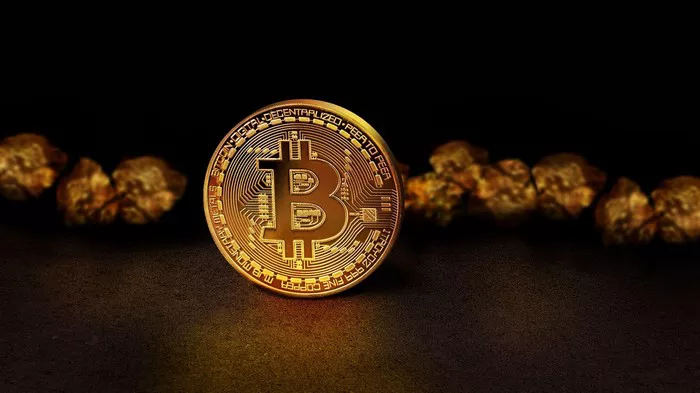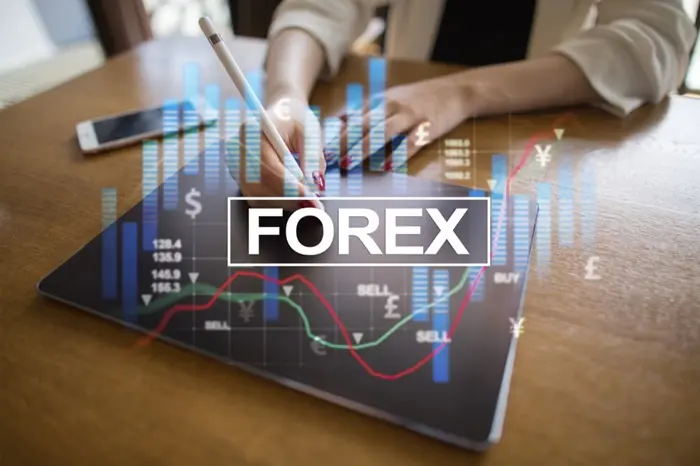Steve Eisman has some thoughts on how to position the market in the latest round of tariff-induced sell-offs.
The “Big Short” investor spoke to CNBC about how he’s adjusting his investing approach.
He’s focusing on two stocks and reducing overall risk in his portfolio.
The market has been on a roller coaster ride since Trump announced the “Liberation Day” tariffs and doubled down on the U.S.-China trade war. Steve Eisman is digesting that volatility and offering some advice on how to navigate market volatility.
The “Big Short” investor, who shorted the subprime mortgage industry before the 2008 financial crisis, told CNBC on Tuesday that he’s adjusting his portfolio and shared some of his thoughts on the market.
The first thing he did was reduce risk broadly.
“I’ve reduced some risk in my personal portfolio and am waiting,” Eisman said. “I think market volatility is going to continue for quite some time.”
He’s also trying to keep a long-term investing perspective, noting that he’s rarely day traded throughout his career.
“If the problem is solved fairly quickly, the market will remain strong for quite some time. Even if you miss the first few percentage points, it’s not a disaster. On the other hand, if it gets worse, which is certainly possible, you’ll regret selling your stocks. So I’m not trying to play the hero here,” Eisman said.
In terms of specific bets, Eisman highlighted Nvidia and Apollo as two stocks he likes for the next five years.
“I just think these companies have very strong long-term fundamentals, and if you hold them for the long term, you’ll make money,” he said.
He noted that the firm is not making any short-term predictions for stocks due to uncertainty caused by presidential policies.
“We are in a market where – it doesn’t happen often, but it does happen – there is only one variable that matters. And right now, the important variable is the president of the United States. I can’t predict that right now,” he said.
Despite some saying that the hype about artificial intelligence may mean another market bubble that is easy to burst, Eisman still sees more room for growth in the field of artificial intelligence.
“I think we’re just in the early stages of the AI revolution. I’m a big believer in that. I don’t think Nvidia’s golden age is over,” Eisman said. “Do I think Nvidia will be up 300% again in a year? Almost certainly not. But do I think it can be one of the best long-term stories? I certainly do.”
Eisman has made optimistic predictions about AI many times in the past. Last year, he speculated that Apple could be the hidden AI company in the market and said he believed AI could trigger an infrastructure boom.




























